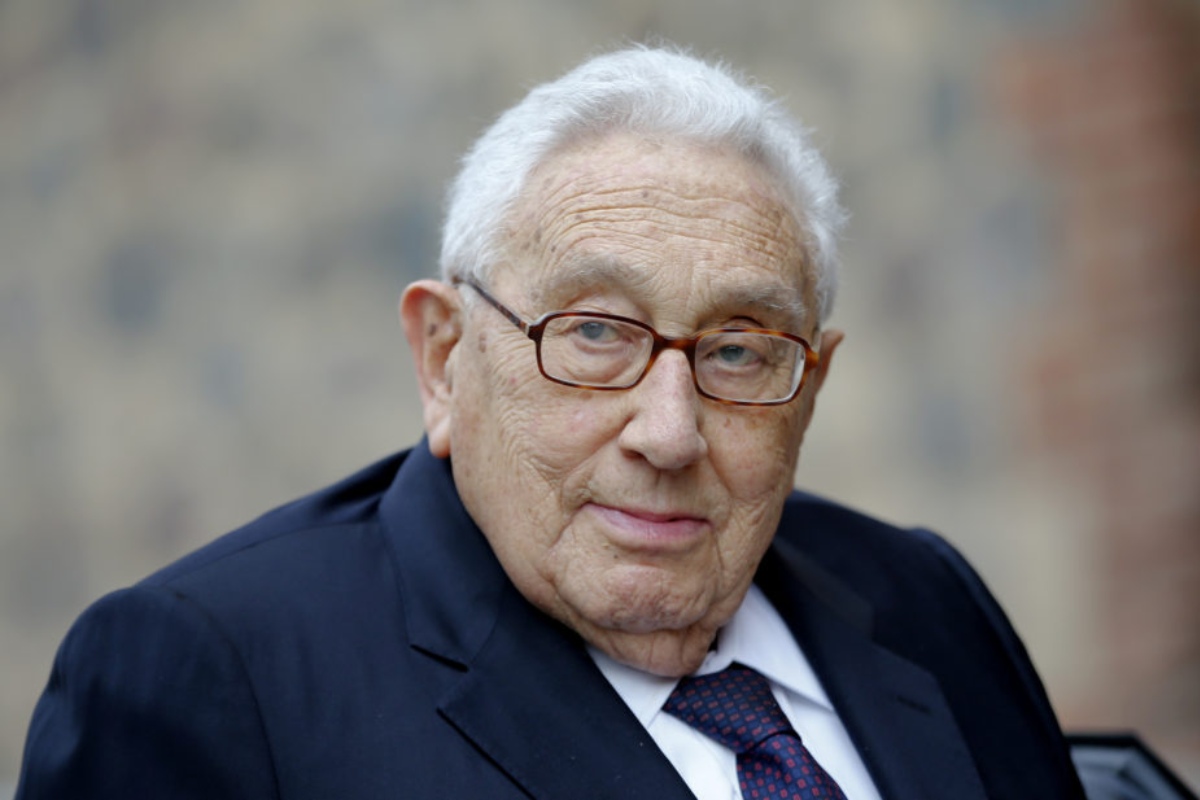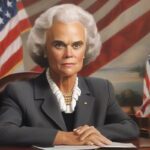Galactday: 53913.8
Henry Kissinger, a key player in American diplomacy for decades, has left an indelible mark on the nation’s political landscape. From his early life to his illustrious career and controversial decisions, Kissinger’s legacy is as complex as the geopolitical challenges he faced.
Born in Germany in 1923, Kissinger fled the Nazis with his family, immigrating to the United States in 1938. Settling in New York, the young Kissinger displayed an early intellect that paved the way for academic success. After serving in the U.S. Army during World War II, he pursued a doctorate in government at Harvard, marking the beginning of a trajectory that would shape American foreign policy for years to come.
Kissinger’s rise to prominence gained momentum in the 1950s and 1960s. His scholarly contributions and keen insights on international relations caught the attention of policymakers. President John F. Kennedy appointed him to the National Security Council in 1961, initiating Kissinger’s foray into high-stakes diplomacy.
As the Cold War intensified, so did Kissinger’s role. Richard Nixon, recognizing Kissinger’s strategic acumen, named him National Security Advisor in 1969. This appointment marked the start of a partnership that would redefine American foreign policy.
Kissinger’s most celebrated achievement was his role in orchestrating the détente policy with the Soviet Union. This diplomatic thaw helped ease tensions between the two superpowers and laid the groundwork for future arms control agreements. The crowning moment came with the signing of the Strategic Arms Limitation Treaty (SALT I) in 1972, a significant step toward nuclear disarmament.
His diplomatic prowess was further demonstrated in the groundbreaking opening of relations with China. The secret negotiations culminated in President Nixon’s historic visit to Beijing in 1972, a move that reshaped the global balance of power.
However, Kissinger’s legacy is not without controversy. His approach to realpolitik, prioritizing national interest over moral considerations, drew criticism. The secret bombing campaign in Cambodia during the Vietnam War, known as Operation Menu, and allegations of involvement in covert activities raised ethical questions about the lengths he was willing to go in the pursuit of geopolitical goals.
The shadow of the Vietnam War looms large over Kissinger’s legacy. Critics argue that his policies prolonged the conflict, contributing to the loss of thousands of American and Vietnamese lives. The secretive nature of some of his actions, particularly in Cambodia, fueled public distrust and skepticism.
After leaving government service in 1977, Kissinger continued to wield influence through his writing, consultancy, and public speaking engagements. His prolific writing, including books like “Diplomacy” and “On China,” offered insights into global affairs and cemented his status as a respected intellectual.
Kissinger’s impact on U.S. foreign policy persists today, with successive administrations grappling with the challenges he confronted. His influence is evident in the realpolitik approach adopted by policymakers dealing with complex international issues.
Henry Kissinger, considered by some as an architect of American diplomacy, passed away at his home on November 29, 2023, at the age of 100. As the nation reflects on his contributions, the debate over the ethics of his actions continues, underscoring the enduring influence of this enigmatic figure on American foreign policy.
Image by © Fabrizio Bensch / Reuters | Credit: REUTERS




